The Role of Self Check-In Kiosk in Improving Healthcare Services?
In the ever-evolving landscape of healthcare services, technological advancements continue to play a pivotal role in improving efficiency and patient satisfaction. One such innovation that has gained prominence in recent years is the self-check-in kiosk. This article explores the transformative role of self-check-in kiosks and their counterpart, self-check-out kiosks, in enhancing healthcare services.
The Evolution of Self-Check-In Kiosks:
Self-check-in kiosks have emerged as a game-changer in healthcare administration, streamlining the patient registration process and reducing wait times. These user-friendly touch-screen kiosks empower patients to input their information swiftly, ensuring a seamless check-in experience. The integration of these kiosks with electronic health records (EHRs) enhances data accuracy, minimizing errors associated with manual data entry.
Efficiency and Time Management:
The incorporation of self-check-in kiosks in healthcare facilities significantly contributes to improved efficiency and time management. By automating the registration process, these kiosks enable staff to focus on more complex tasks, ultimately enhancing overall productivity. Patients benefit from expedited check-in procedures, leading to reduced wait times and a more positive healthcare experience.
Enhanced Patient Experience:
A crucial aspect of healthcare services is the patient experience. Self-check-in kiosks play a pivotal role in enhancing this experience by providing a convenient and user-friendly interface. Patients appreciate the autonomy to input their information independently, leading to a sense of control over their healthcare journey. This empowerment contributes to increased patient satisfaction and a more positive perception of healthcare services.
Reduced Administrative Burden:
Healthcare providers face a myriad of administrative tasks daily. Self-check-in kiosks alleviate some of this burden by automating routine processes, allowing staff to allocate their time more efficiently. The seamless integration of self-check-in kiosks with existing healthcare systems ensures accurate data transfer, reducing the risk of administrative errors.
The Role of Self-Check-Out Kiosks:
While self-check-in kiosks focus on improving the initial stages of a patient’s journey, self-check-out kiosks contribute to a holistic approach in healthcare service optimization. These kiosks streamline the discharge process, enabling patients to settle their bills, schedule follow-up appointments, and access relevant educational materials independently.
Patient Privacy and Security:
Ensuring patient privacy and data security is paramount in healthcare. Self-check-in kiosks are designed with robust security features to safeguard sensitive information. Incorporating encryption protocols and secure data transmission channels, these kiosks adhere to stringent privacy standards, instilling confidence in patients regarding the confidentiality of their health records.
Adaptability to Diverse Healthcare Settings:
One of the notable advantages of self-check-in kiosks is their adaptability to diverse healthcare settings. Whether in a bustling hospital, clinic, or specialty healthcare facility, these kiosks can be customized to meet the specific needs and workflows of different environments. This flexibility ensures that the benefits of self-check-in kiosks can be realized across various facets of the healthcare industry.
Cost-Efficiency and Resource Optimization:
In an era where healthcare costs continue to rise, self-check-in kiosks offer a cost-effective solution for healthcare providers. By reducing manual labor requirements and streamlining administrative processes, these kiosks contribute to resource optimization. The long-term financial benefits make self-check-in kiosks a strategic investment for healthcare facilities seeking to enhance efficiency while controlling operational costs.
Challenges and Considerations:
While self-check-in kiosks bring significant advantages, healthcare providers must also address potential challenges. Adequate staff training, user education, and ongoing technical support are essential to ensuring the seamless integration and optimal utilization of these kiosks. Moreover, accessibility features must be prioritized to accommodate diverse patient demographics.
Conclusion:
In conclusion, the role of self-check-in kiosks in improving healthcare services is undeniable. From streamlining the check-in process to enhancing patient experience and optimizing resource utilization, these technological innovations have a far-reaching impact. As healthcare continues to embrace digital transformation, self-check-in kiosks stand as a testament to the industry’s commitment to providing efficient, patient-centric, and technologically advanced services. The ongoing evolution of these kiosks will undoubtedly contribute to a more connected, streamlined, and patient-friendly future for healthcare.

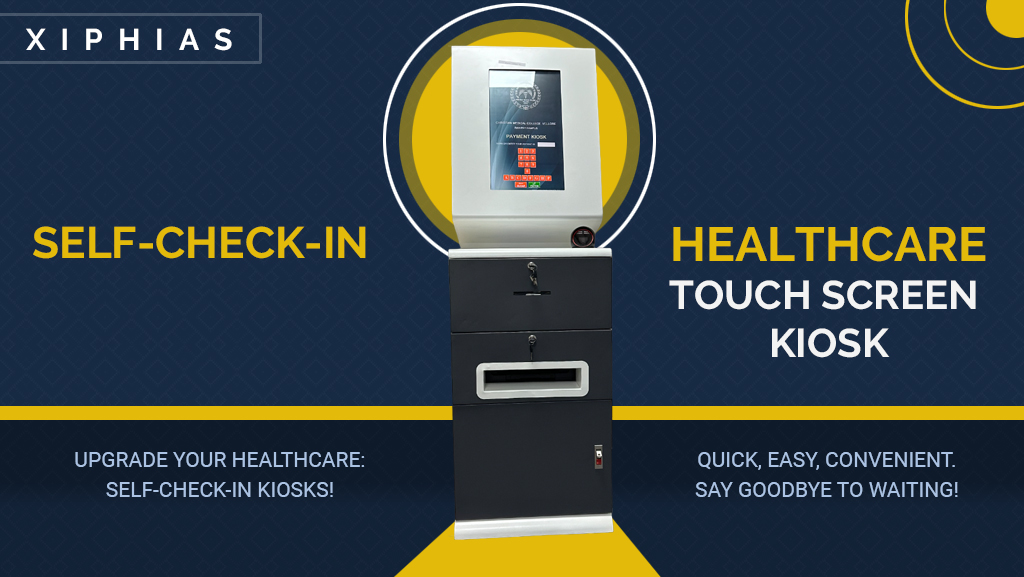
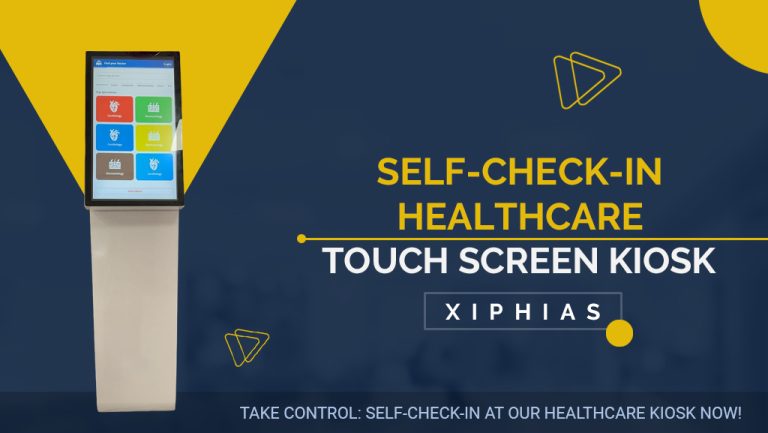
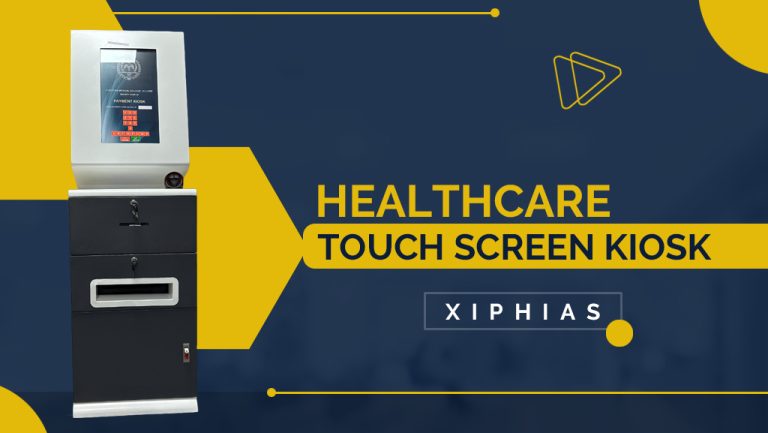
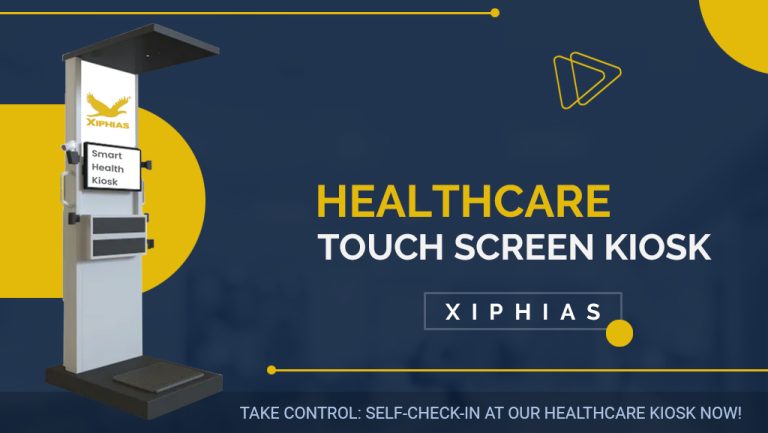

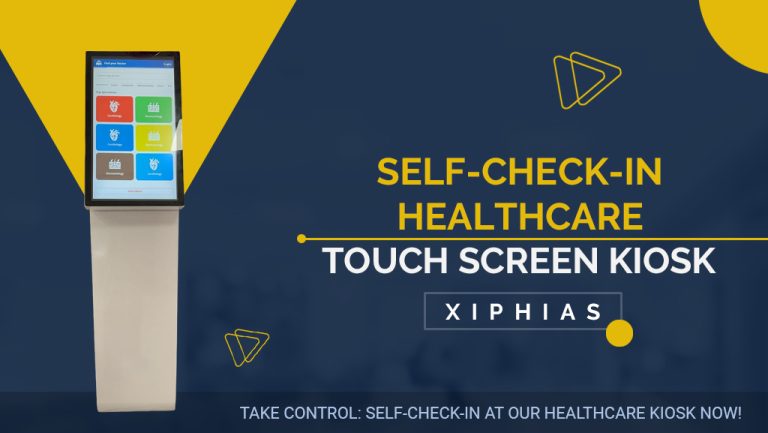
Self-Check-In Kiosks, which correspond with the innovation observed in forensic accounting project topics, are essential to improving healthcare services. Both help to expedite procedures, guarantee the health of patients, and support students in their academic endeavors.